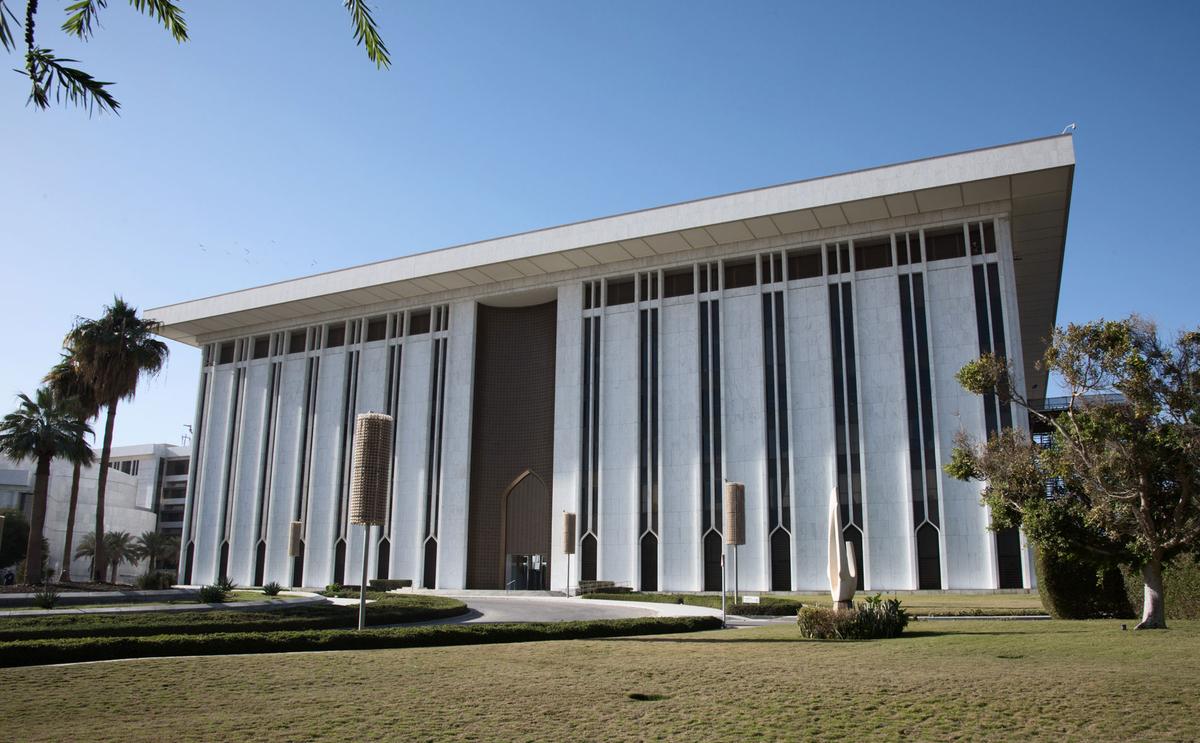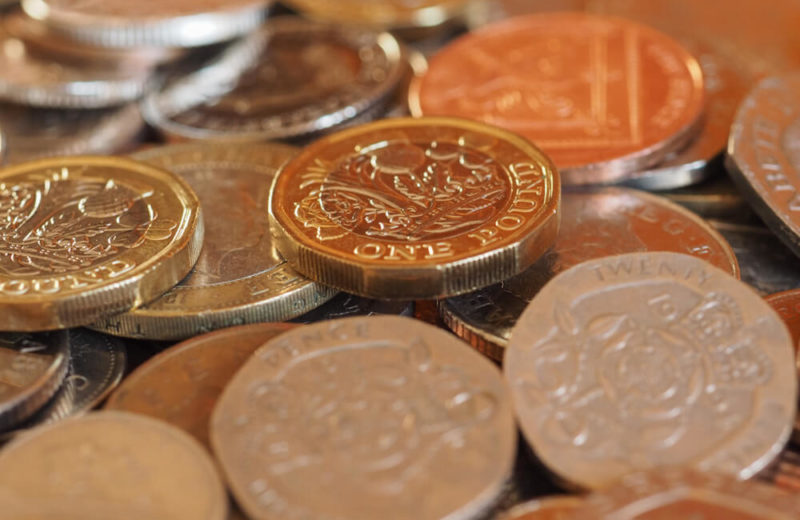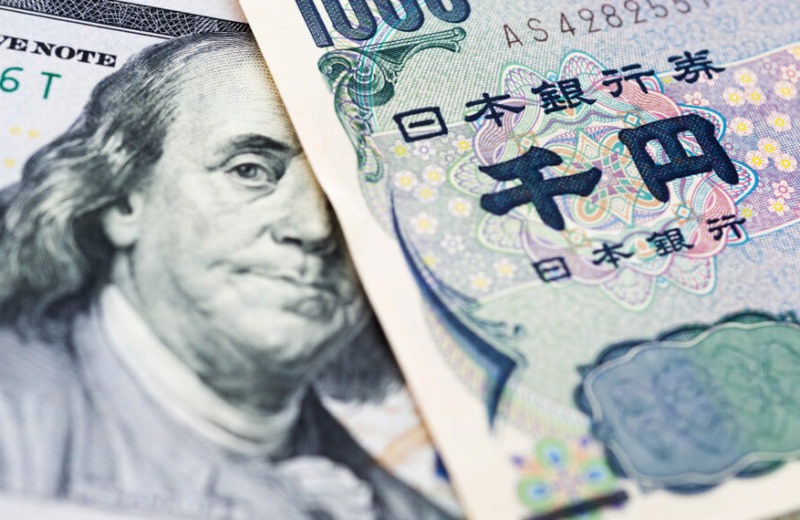With the pound’s devaluation last month, emerging-market investors were anticipating a return to Egypt. They were caught away by the central bank’s mixed signals.
Policymakers last week left borrowing costs unchanged, despite most analysts’ predictions. This is the first time since September. Edwin Gutierrez, head of emerging-market sovereign debt at abrdn in London, said many would-be investors were disappointed by the low-interest rates.
Regardless of IMF support, investors expect doom and gloom
Egypt has been shut out of international capital markets for over a year now. It is highly reliant on attracting foreign investors back into local debt. Egypt’s credit rating lowered one level to B3 on Tuesday, putting it on par with Angola and Turkey, according to Moody’s Investors Service.
Moody’s experts predicted it would take time to reduce Egypt’s vulnerability to external hazards significantly. These include increasing borrowing costs and inflationary forces, even with the country’s new International Monetary Fund initiative.
Many investors were discussing buying again last month, citing the pound’s weakness and record yields versus competitors as strong arguments.
Afterward, bond investing lost appeal due to increasing costs and falling Egyptian yields below the rising inflation rate. In contrast, the pound has fallen by 18% versus the dollar this year.
Egyptian T-bill hits record yields as inflation predictions mount
Yields on nine- and 12-month Egyptian Treasury bills increased to new highs at the most recent auctions, despite poor demand. The US Fed is hiking to keep inflation low, but this has caused demand for risky assets and higher yields, which increase the country’s debt-servicing costs.
On Monday, the administration of one of the Middle East’s most volatile nations chose to issue dollar-denominated Treasury bonds in response to investor worries. It attracted 1.3 times the amount on offer and sold $1 billion of 12-month securities at a yield of 4.9%.
Egypt’s central bank has stated that it is analyzing the impact of last year’s total 800 basis point rise in interest rates on the economy. Although, there is little chance of a sustained halt in the rising cycle. According to Abu Dhabi Commercial Bank, headline inflation is likely to climb over 25% in February. This will cause another 300 basis point rise in the first half of this year.
















